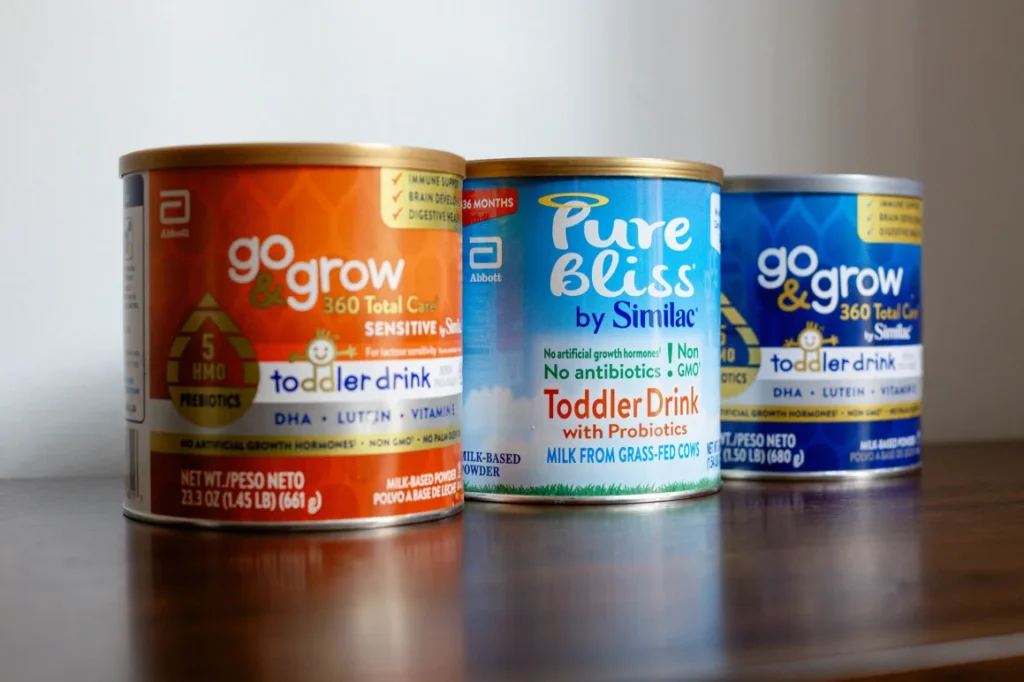Parents are pushing back with lawsuits against makers of toddler milks, arguing these sugary drinks are unnecessary, potentially harmful, and deceptively labeled to look like baby formula. The drinks marketed for children aged 1 to 3 carry strong imagery and packaging that resemble infant formula, leading many caregivers to believe they are essential.
Health experts including pediatricians emphasize that after a child’s first year, regular cow’s milk is nutritionally adequate, far more affordable, and carries none of the added sugars found in toddler milk products. According to one pediatric specialist, cow’s milk costs up to 30 times less and covers nutritional needs effectively.
One high profile case centers on a mother’s lawsuit against Abbott Nutrition, manufacturer of Similac’s toddler milk line. She cites bright attention grabbing packaging and marketing promises that misled her into buying a product she did not need. She said the vibrant red label caught her attention and admitted she could have spent the money instead on essentials like diapers and clothes.
The lawsuits aim not only to recoup consumer spending but also to push for changes in marketing practices. Plaintiffs argue these beverages are expensive, unsupported by nutritional science, and potentially harmful due to their high sugar content which can contribute to unhealthy eating habits and obesity.
Abbott counters that its toddler products are properly labeled and supported by data, and that they comply with existing regulations. Yet critics point out that toddler milks fall outside FDA oversight that governs infant formula, raising concerns about consumer confusion and lack of regulation.
With public health advocates citing World Health Organization rules that prohibit marketing toddler milks by falsely equating them with infant formula, US laws may soon be tested by these precedents and regulatory reevaluation.
The growing number of lawsuits signals a turning point, with experts calling for meaningful transparency in how toddler nutrition products are presented and regulated.


